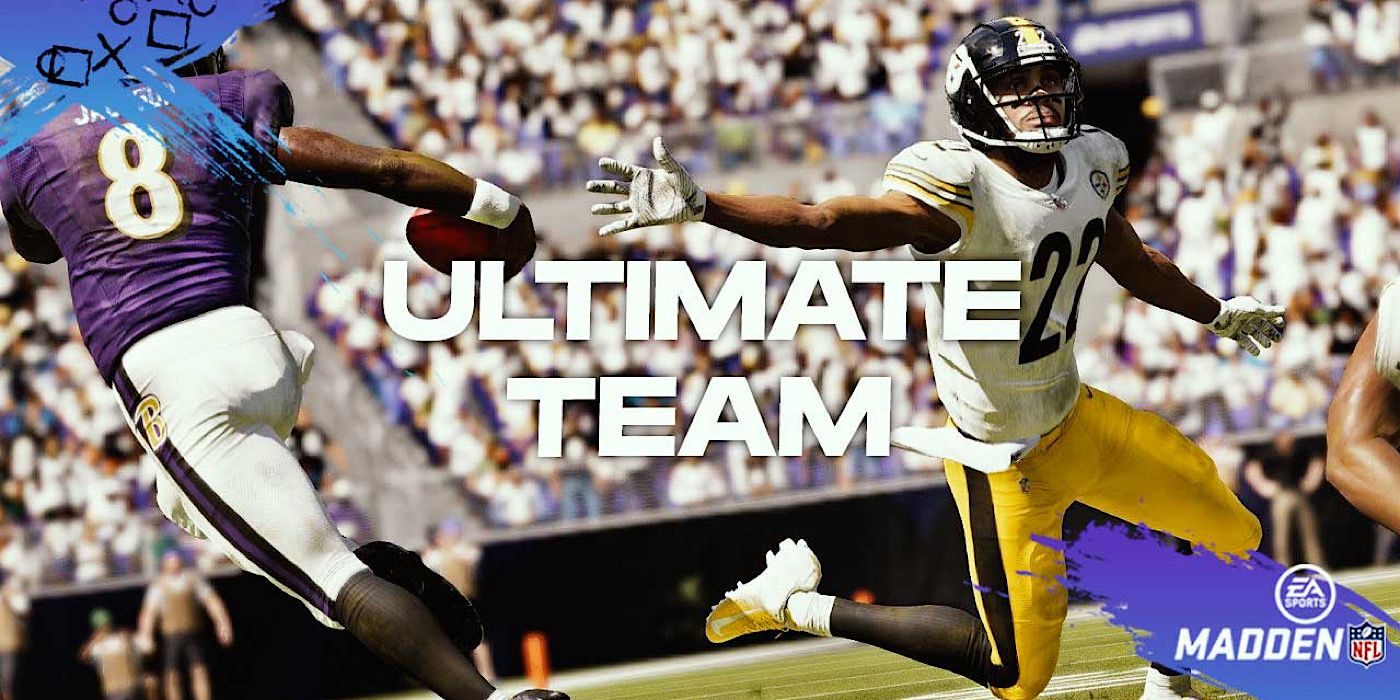Electronic Arts has a complicated and messy history with loot boxes. The breaking point for the company seems to have come from Star Wars Battlefront 2, a game which had massive issues at launch, much of which was centered on the game's over reliance on randomized loot boxes and progression halting star cards. While the game was ultimately fixed and is in a much better place at this point, EA's actions put the spotlight on this controversial game mechanic from many countries and organizations like the European Union. Ironically, EA appears to be in trouble once again, this time for mechanics used in many of its sports games.
A class action lawsuit has been filed in Canada against Electronic Arts from Mark Sutherland and Shawn Moore. The case description indicates that the duo are suing for damages over unjust enrichment arising from the defendants' "operation of an illegal gambling system through the sale of so-called “loot boxes” in popular video games.
In this case, the two EA games specifically mentioned in the lawsuit are Madden NFL 21 and the just released NHL 21, two games which feature the Ultimate Team game mode like the FIFA series. Players are encouraged to open card packs which contain anything from items, in-game resources, as well as players that can be used to create a team that can be played against the AI or online opponents. Obviously, the contents of these packs are completely randomized, which incentivizes players to open more for a chance to earn better cards.
Each game rewards in-game currency by completing objectives and challenges, which can be used to purchase various packs inside of the in-game store. However, it's much faster if players use real money to purchase new packs. In addition, the in-game stores have a variety of different card packs to pick from, placing a greater emphasis on the more expensive packs which have the greatest chances at getting better players. Again incentivizing players to continue spending resources to satisfy the pursuit of better players.
It's unknown how this lawsuit will play out, but with many countries like the United Kingdom, Belgium, Australia, and the Netherlands already taking a firm stance on the idea of in-game gambling and loot boxes, Canada could be the next country to take a hard stance on the mechanic. The increasing scrutiny and regulation in some countries have forced some studios to change directions, such as Activision with its popular Call of Duty series. However, since abandoning loot boxes for Call of Duty: Modern Warfare, the company has seen unparalleled success through the sale of season passes and in-game items.
Source: Dexerto (via Business in Vancouver)


